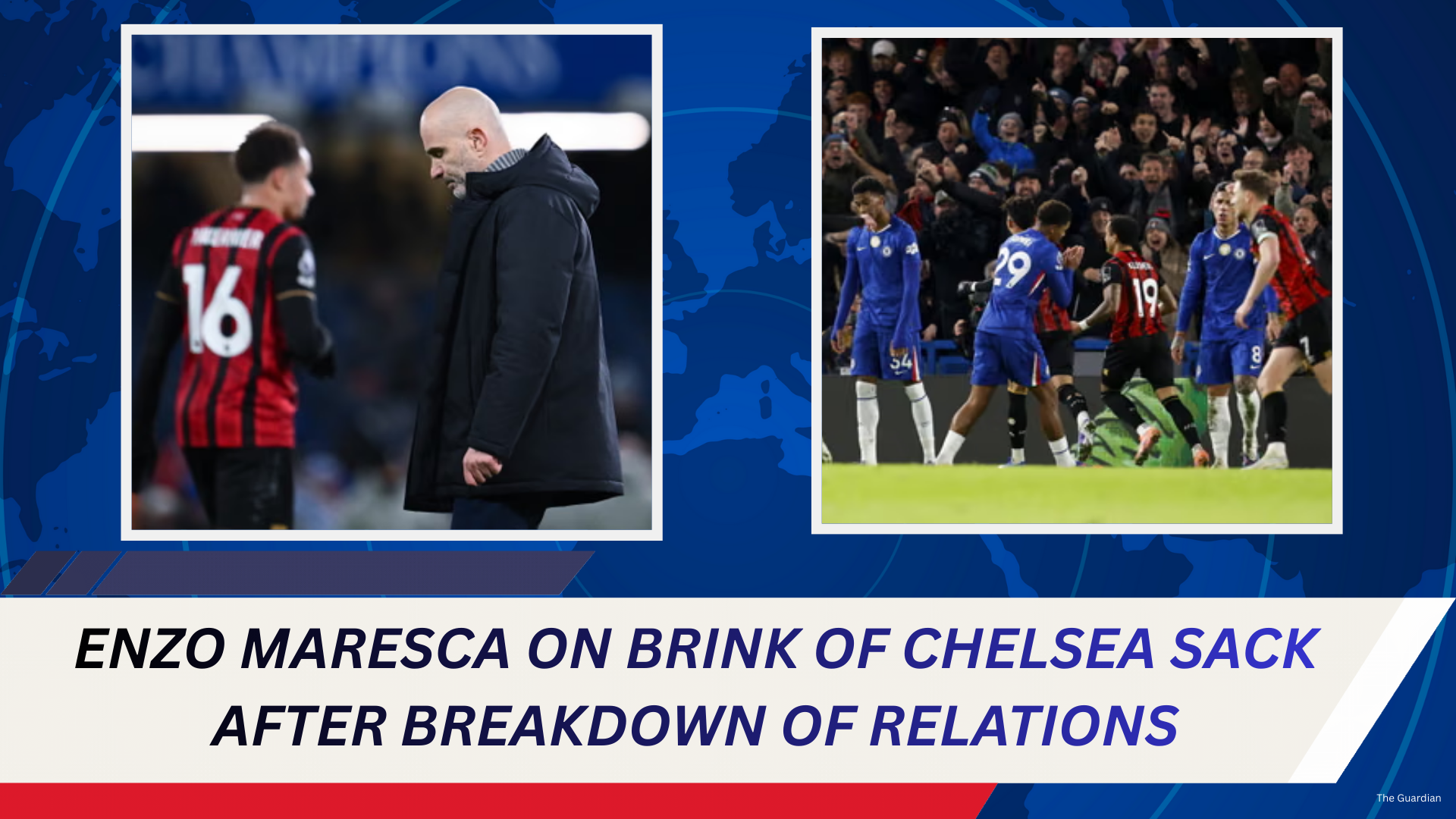Hampden Park, Glasgow’s national stadium, is preparing to host another high-stakes encounter as Scotland take on Greece in their World Cup qualifying Group C fixture on Thursday, 9 October. Kick-off is scheduled for 19:45 BST, with coverage available on BBC Scotland, BBC Radio Scotland, BBC Sounds, and live text, audio, and video via the BBC Sport website and app.
For decades, Hampden has been a symbol of Scottish football, yet it has often struggled to capture the collective heartbeat of the Tartan Army. There are exceptions, moments when the stadium roars with life and lifts the nation’s spirits. Who could forget the unforgettable 2-0 victory over Spain in March 2023, Rodri’s tears etched into history, or the monsoon-soaked win over Georgia inspired by Scott McTominay’s heroics? These moments prove that when Hampden is alive, it can be a cauldron of emotion and energy.
Scotland will need another one of those nights against Greece, a side determined to revive their own World Cup hopes while simultaneously threatening the hosts’. Manager Steve Clarke, who has experienced a rollercoaster tenure, currently enjoys widespread support. A victory against Greece, followed by a win over Belarus at Hampden, would put Scotland in a strong position to secure top spot in the group with crucial points still to play for against Greece and Denmark next month. A World Cup qualification would cement Clarke’s place in Scottish football folklore.
Scotland’s Complex Relationship with Hope
Scottish football fans are no strangers to cautious optimism. Recent campaigns have offered glimpses of promise, only to end in heartbreak. Euro 2020 brought euphoria, followed by disappointing tournament results. The push for the 2022 World Cup ended cruelly against Ukraine in the playoffs. And while Euro 2024 offered moments of triumph, Scotland’s performances in Germany were underwhelming.
This cautious optimism has become embedded in the national psyche. For 27 years, Scotland has missed six consecutive men’s World Cups, witnessing the global tournament from the sidelines as countries like Togo, North Korea, and Panama played at the highest level. Since 1998, when Scotland faced Brazil in France, there have been seven Scottish First Ministers, eight UK Prime Ministers, and nine Scotland managers. Fans have developed a wary pragmatism; excitement is tempered by the harsh lessons of history.
Greece: A Formidable Opponent
The memory of March’s Nations League encounter still lingers. Greece delivered a 3-0 defeat to Scotland, a stark contrast to expectations and a sobering reminder of football’s unpredictability. John McGinn described that display as “embarrassing,” and the result highlighted Greece’s potential, particularly their youthful talents like Konstantinos Karetsas.
Yet, Clarke approaches this match with the belief that Greece are formidable but beatable. Questions surrounding Karetsas’ fitness could work in Scotland’s favor, just as the presence of Aaron Hickey and Ben Gannon Doak could tip the scales. Clarke’s focus remains squarely on the task ahead: securing maximum points in the next two home matches to solidify Scotland’s qualification prospects.
Players Driven by Dreams
The stakes are high, not only for national pride but for the players themselves. Many Scottish footballers, from James McFadden and Barry Ferguson to Callum McGregor and Scott Brown, have never experienced a men’s World Cup. Current stars like Andy Robertson, Scott McTominay, and John McGinn carry both personal ambition and collective responsibility.
Craig Gordon, at 42, continues to defy age and expectation, driven by the thought of finally stepping onto the World Cup stage. For these players, Hampden is more than a stadium; it is a platform where dreams can either be realized or shattered. The atmosphere on Thursday will test nerves, resolve, and resilience, both for the team and the thousands of fans in the stands.
The Emotional Tightrope
Scotland fans walk a delicate line between hope and fatalism. Every qualifying campaign brings a mix of anticipation and anxiety. The Tartan Army has seen so many near-misses and heartbreaking defeats that optimism is always tinged with skepticism. Frederick Nietzsche’s words about hope being “the worst of all evils because it prolongs the torments of man” resonate deeply with supporters who have long endured the rollercoaster of Scottish football fortunes.
As the national team prepares to take on Greece, Hampden’s capacity to thrill—and perhaps to break hearts—will be fully tested. Victory could ignite the stadium, galvanize the squad, and bring Scotland tantalizingly close to their first men’s World Cup in over a quarter-century. Conversely, anything less could deliver a crushing blow, a reminder of past disappointments and the fine margins that define football.
Conclusion
Thursday’s clash is more than a game; it is a defining moment for Scotland’s World Cup aspirations. Hampden Park, often criticized yet capable of greatness, will once again serve as the stage where national dreams and fears collide. With Greece seeking redemption and Scotland striving for glory, fans can expect a night of intensity, drama, and high stakes.
Whether it becomes a thriller or a killer, the Tartan Army will be there, navigating the delicate balance of hope and apprehension, ready to roar—or mourn—according to the unfolding drama. For Scotland, every pass, tackle, and goal could inch them closer to the elusive prize that has long been just out of reach: the World Cup.
%20(4).png)



.png)
.png)

.png)
.png)
